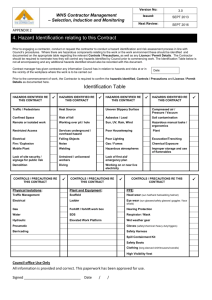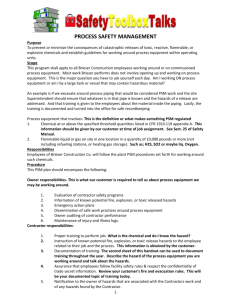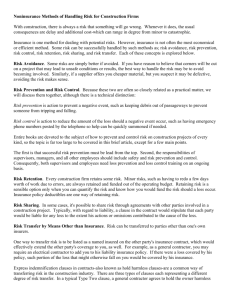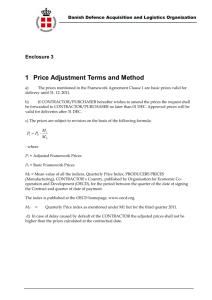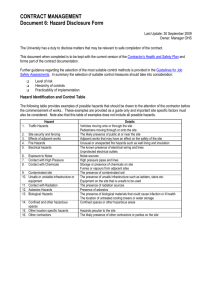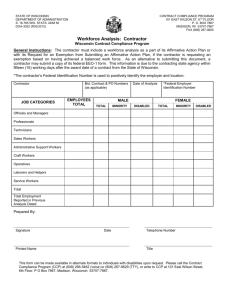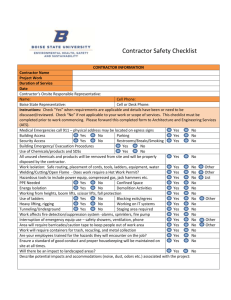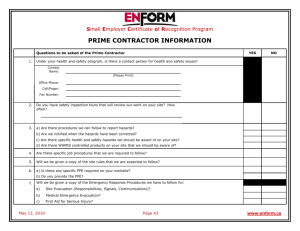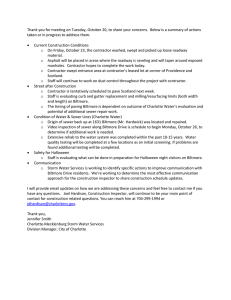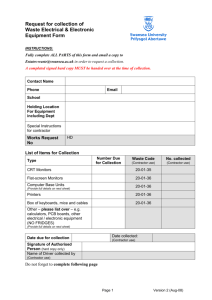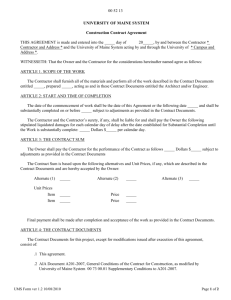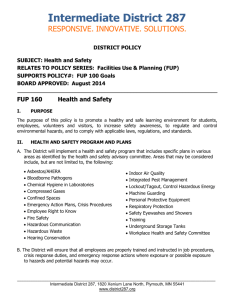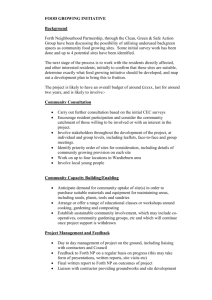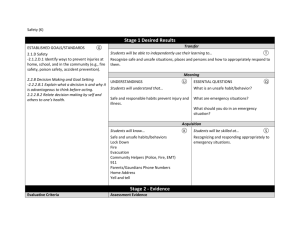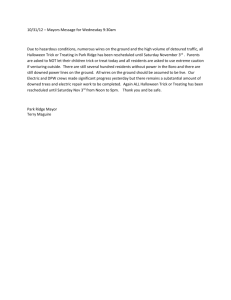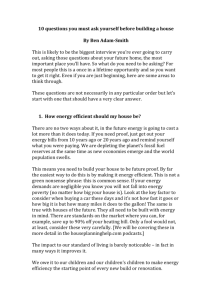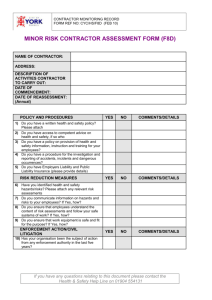After The Storm - Lee County Florida
advertisement
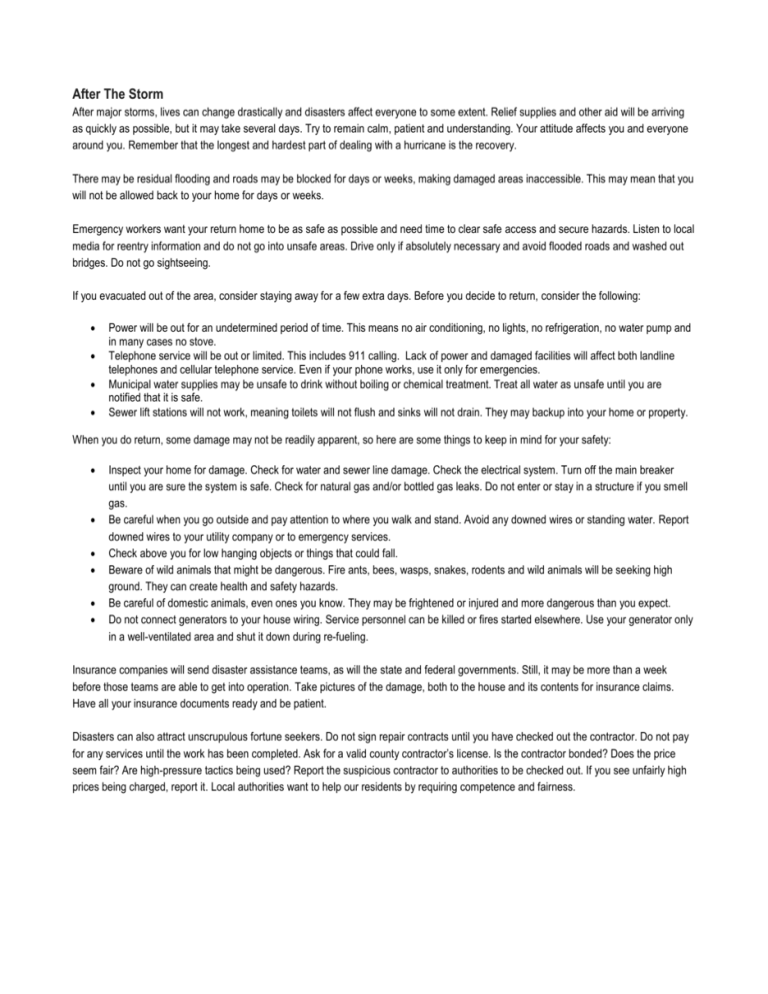
After The Storm After major storms, lives can change drastically and disasters affect everyone to some extent. Relief supplies and other aid will be arriving as quickly as possible, but it may take several days. Try to remain calm, patient and understanding. Your attitude affects you and everyone around you. Remember that the longest and hardest part of dealing with a hurricane is the recovery. There may be residual flooding and roads may be blocked for days or weeks, making damaged areas inaccessible. This may mean that you will not be allowed back to your home for days or weeks. Emergency workers want your return home to be as safe as possible and need time to clear safe access and secure hazards. Listen to local media for reentry information and do not go into unsafe areas. Drive only if absolutely necessary and avoid flooded roads and washed out bridges. Do not go sightseeing. If you evacuated out of the area, consider staying away for a few extra days. Before you decide to return, consider the following: Power will be out for an undetermined period of time. This means no air conditioning, no lights, no refrigeration, no water pump and in many cases no stove. Telephone service will be out or limited. This includes 911 calling. Lack of power and damaged facilities will affect both landline telephones and cellular telephone service. Even if your phone works, use it only for emergencies. Municipal water supplies may be unsafe to drink without boiling or chemical treatment. Treat all water as unsafe until you are notified that it is safe. Sewer lift stations will not work, meaning toilets will not flush and sinks will not drain. They may backup into your home or property. When you do return, some damage may not be readily apparent, so here are some things to keep in mind for your safety: Inspect your home for damage. Check for water and sewer line damage. Check the electrical system. Turn off the main breaker until you are sure the system is safe. Check for natural gas and/or bottled gas leaks. Do not enter or stay in a structure if you smell gas. Be careful when you go outside and pay attention to where you walk and stand. Avoid any downed wires or standing water. Report downed wires to your utility company or to emergency services. Check above you for low hanging objects or things that could fall. Beware of wild animals that might be dangerous. Fire ants, bees, wasps, snakes, rodents and wild animals will be seeking high ground. They can create health and safety hazards. Be careful of domestic animals, even ones you know. They may be frightened or injured and more dangerous than you expect. Do not connect generators to your house wiring. Service personnel can be killed or fires started elsewhere. Use your generator only in a well-ventilated area and shut it down during re-fueling. Insurance companies will send disaster assistance teams, as will the state and federal governments. Still, it may be more than a week before those teams are able to get into operation. Take pictures of the damage, both to the house and its contents for insurance claims. Have all your insurance documents ready and be patient. Disasters can also attract unscrupulous fortune seekers. Do not sign repair contracts until you have checked out the contractor. Do not pay for any services until the work has been completed. Ask for a valid county contractor’s license. Is the contractor bonded? Does the price seem fair? Are high-pressure tactics being used? Report the suspicious contractor to authorities to be checked out. If you see unfairly high prices being charged, report it. Local authorities want to help our residents by requiring competence and fairness.




